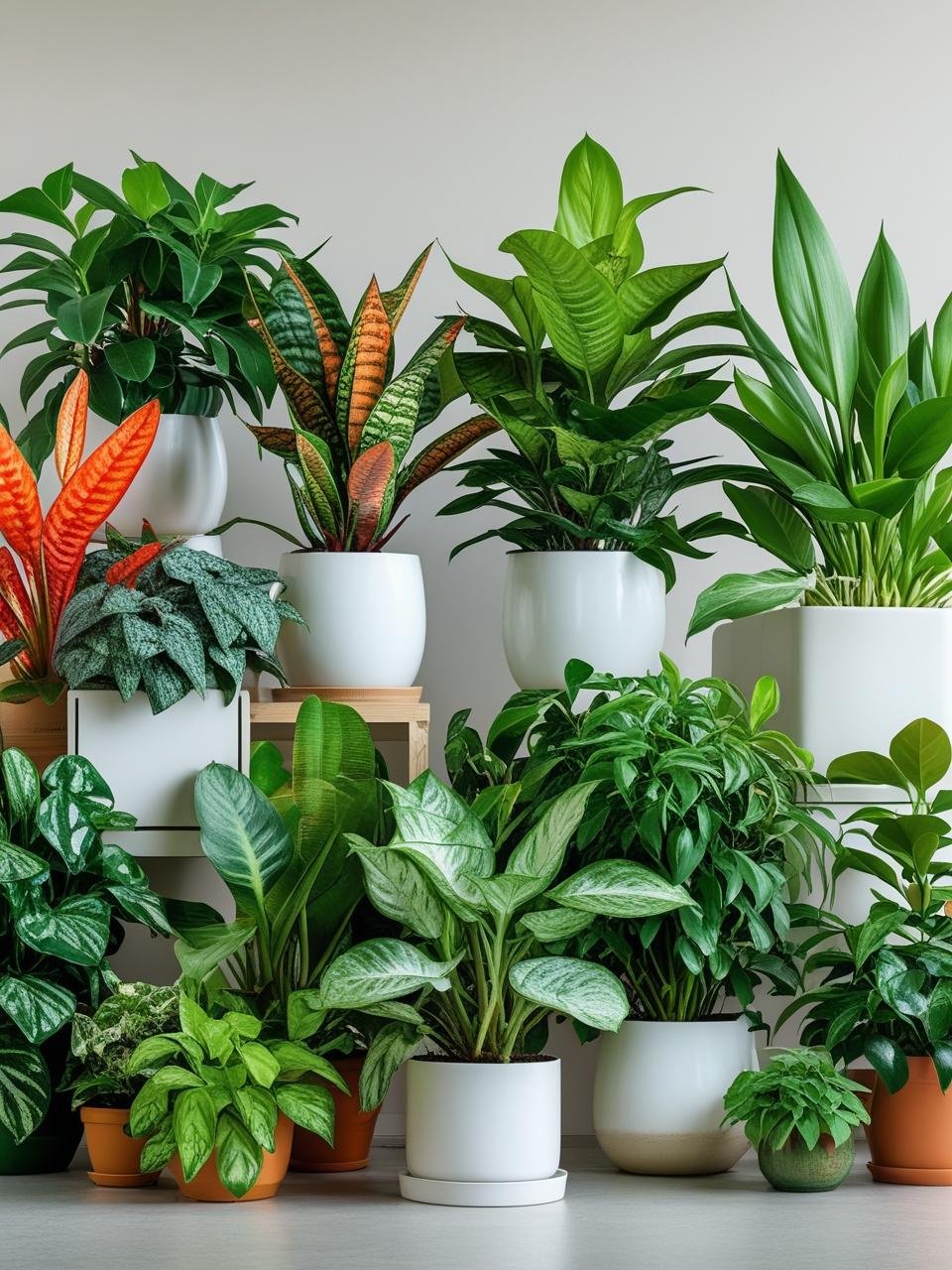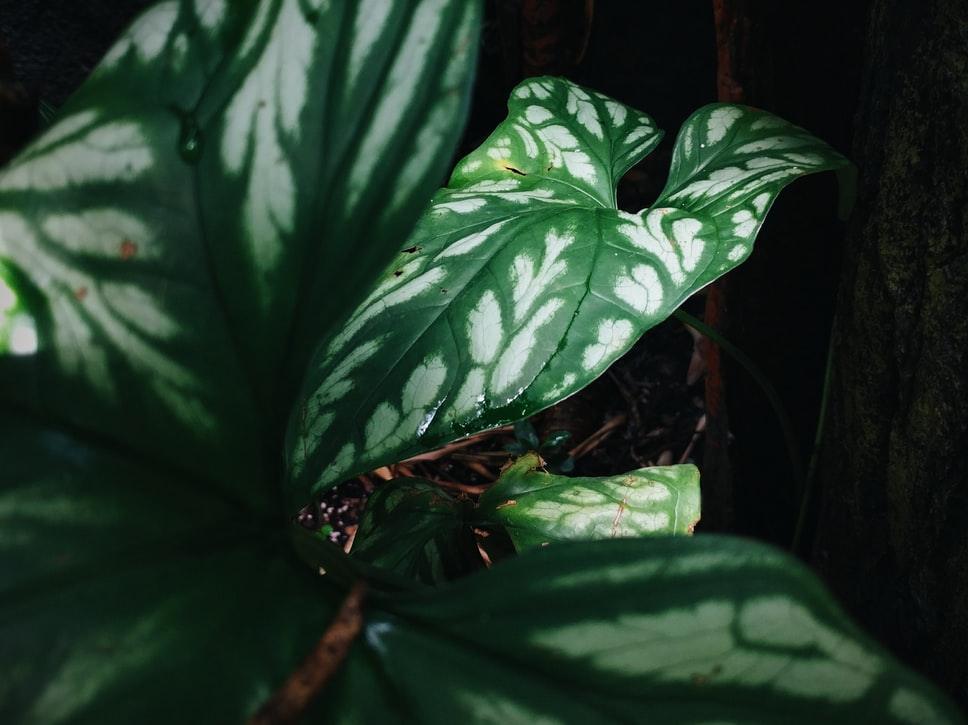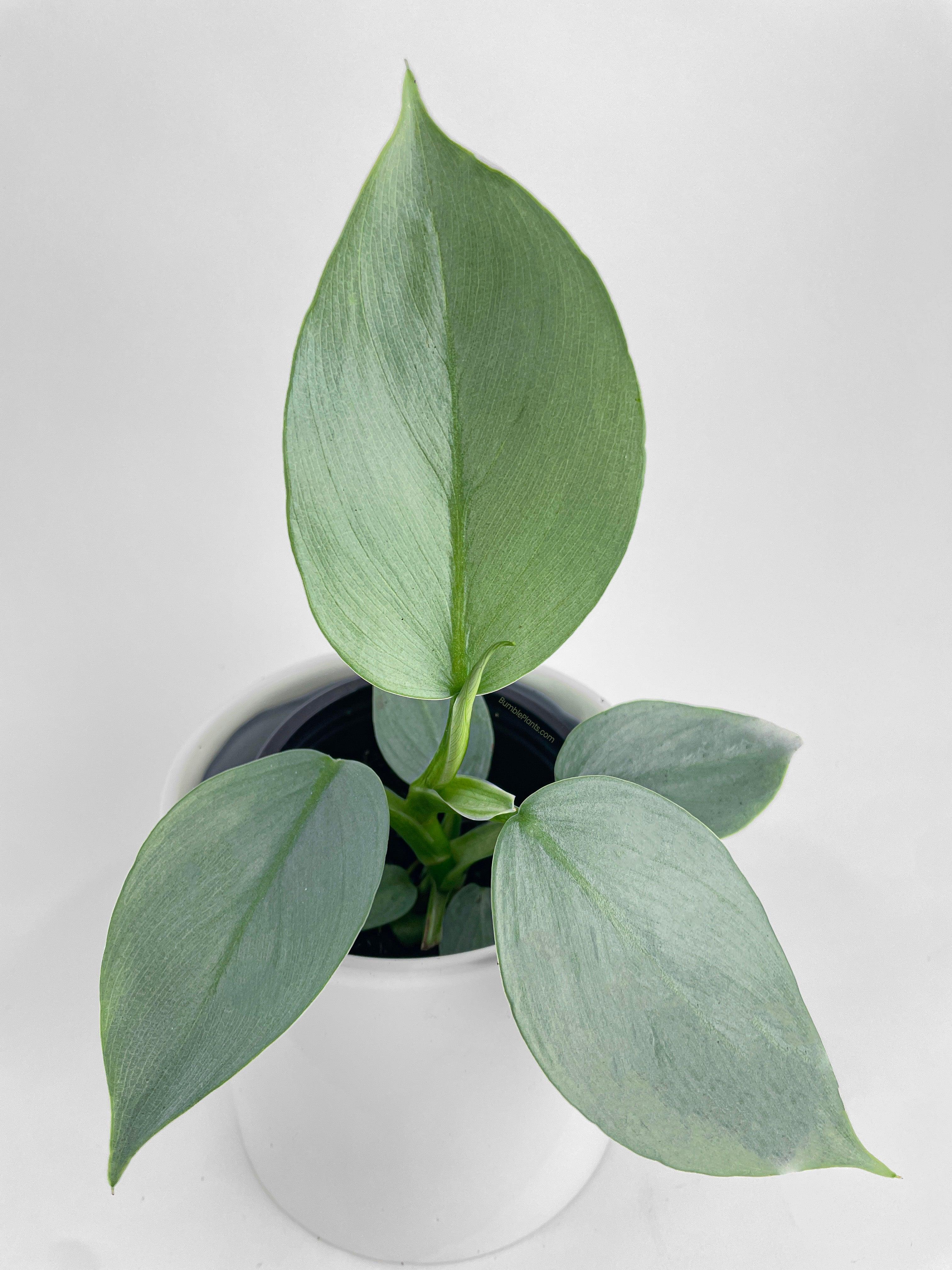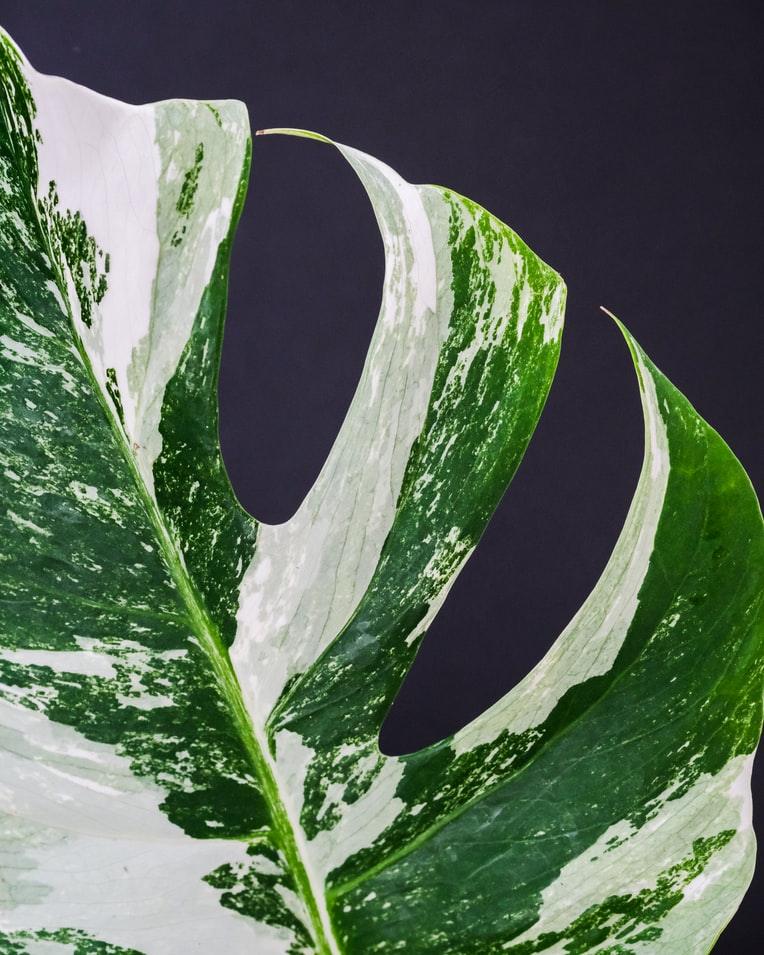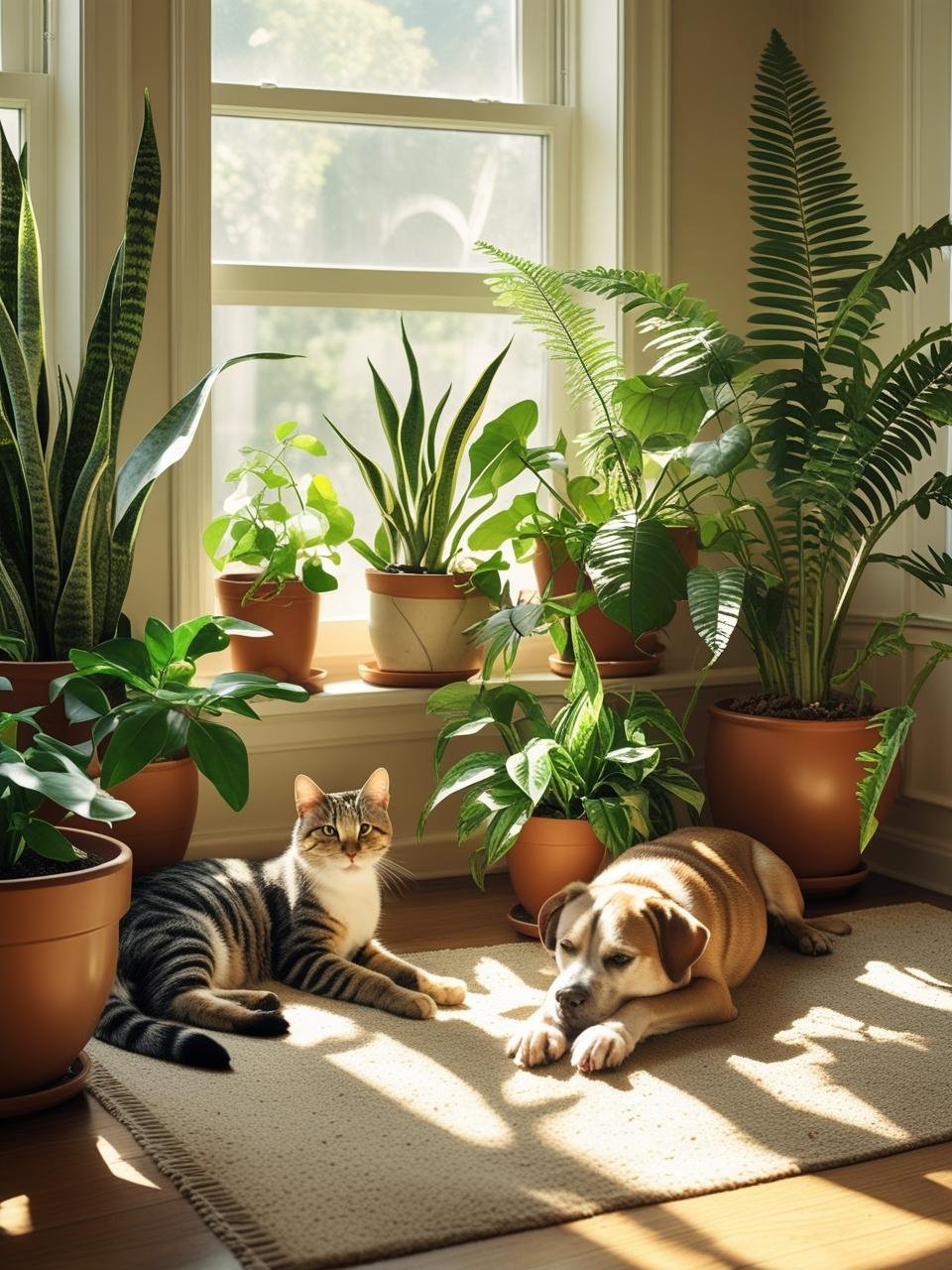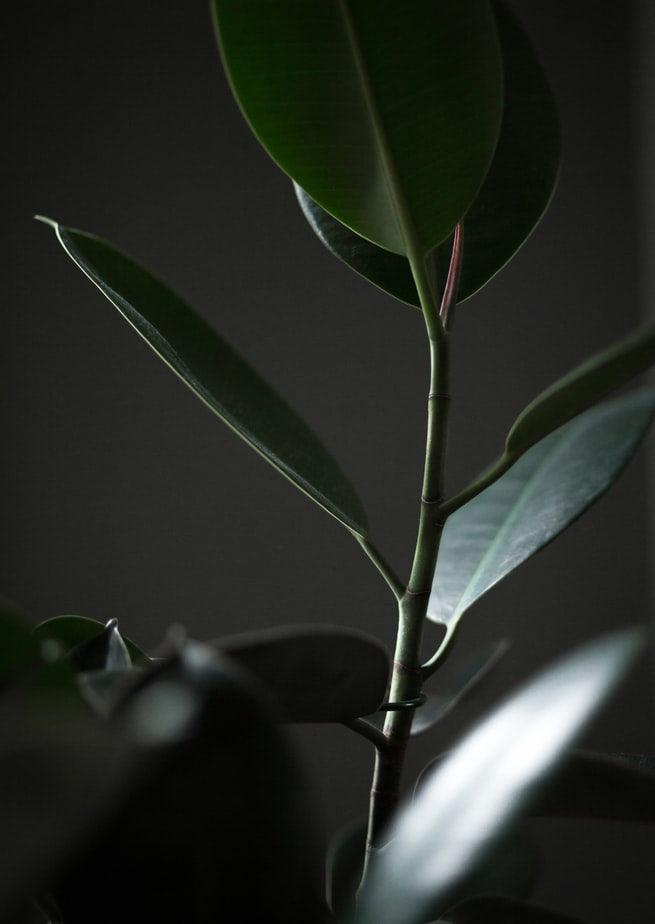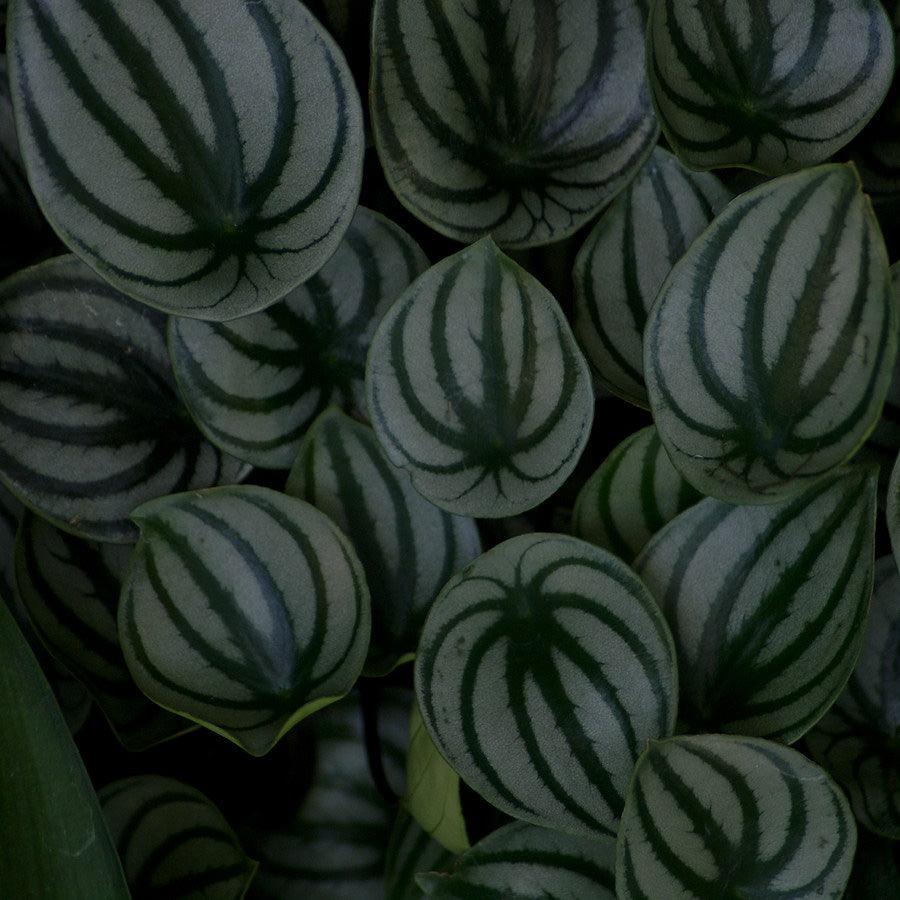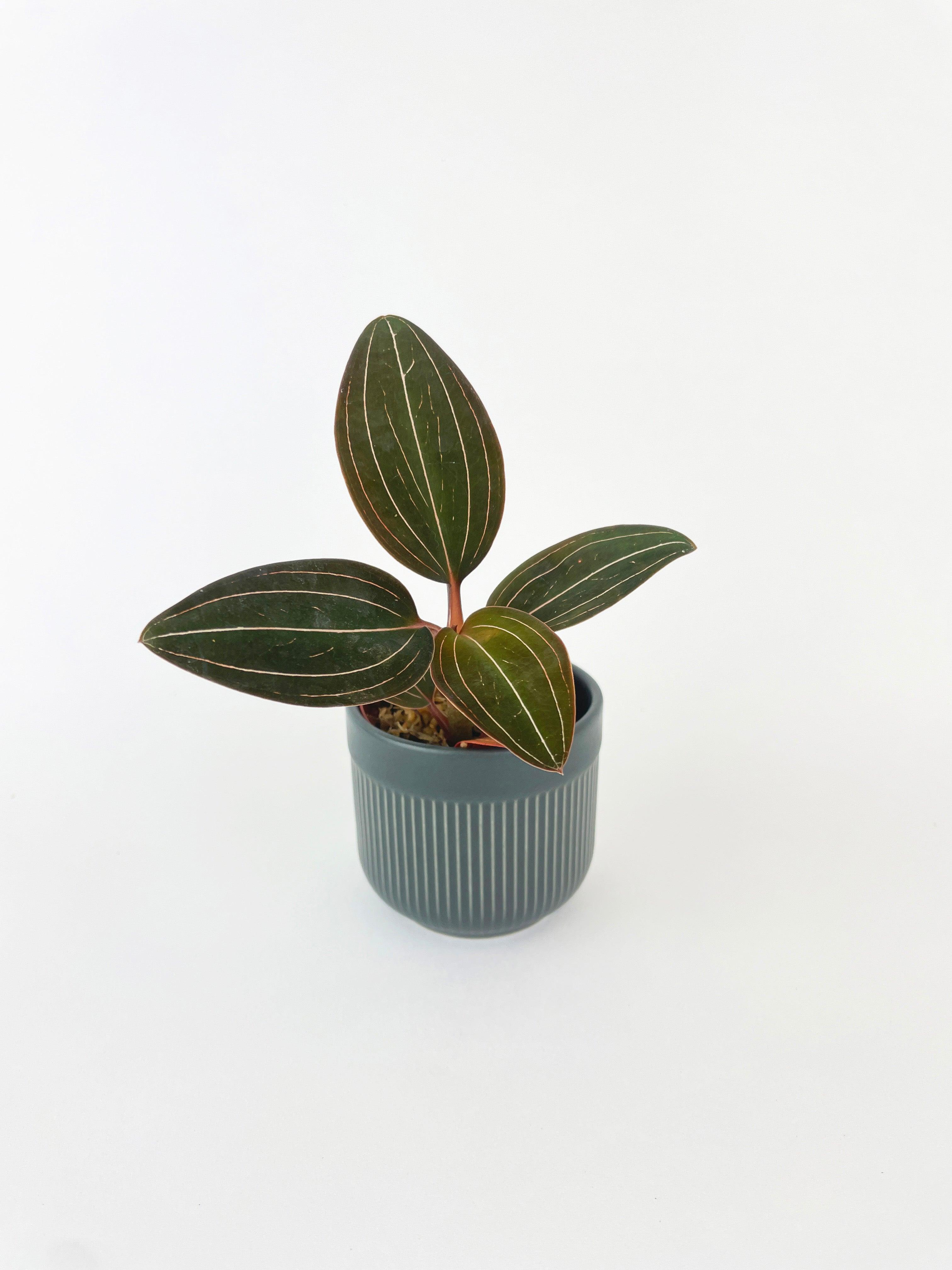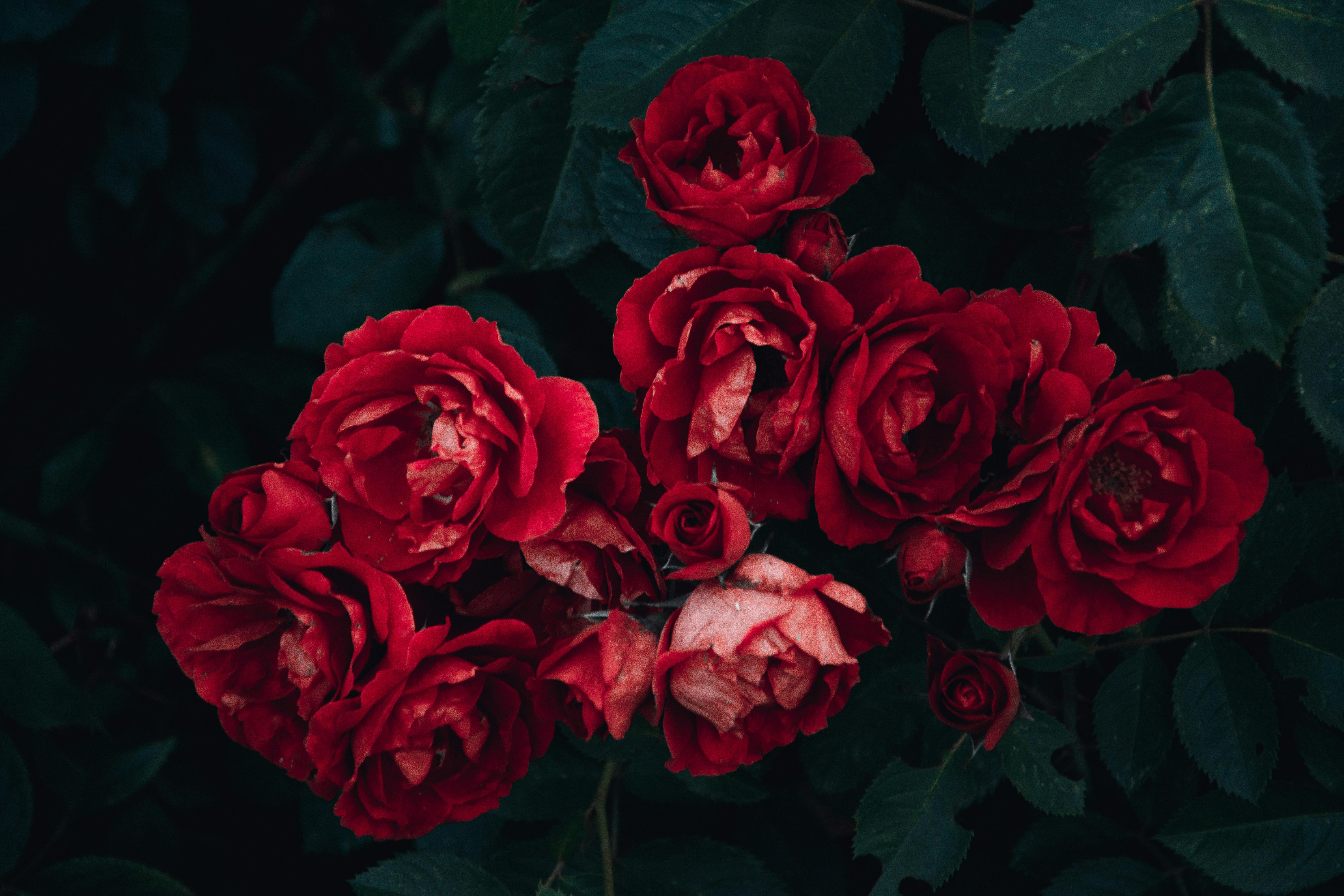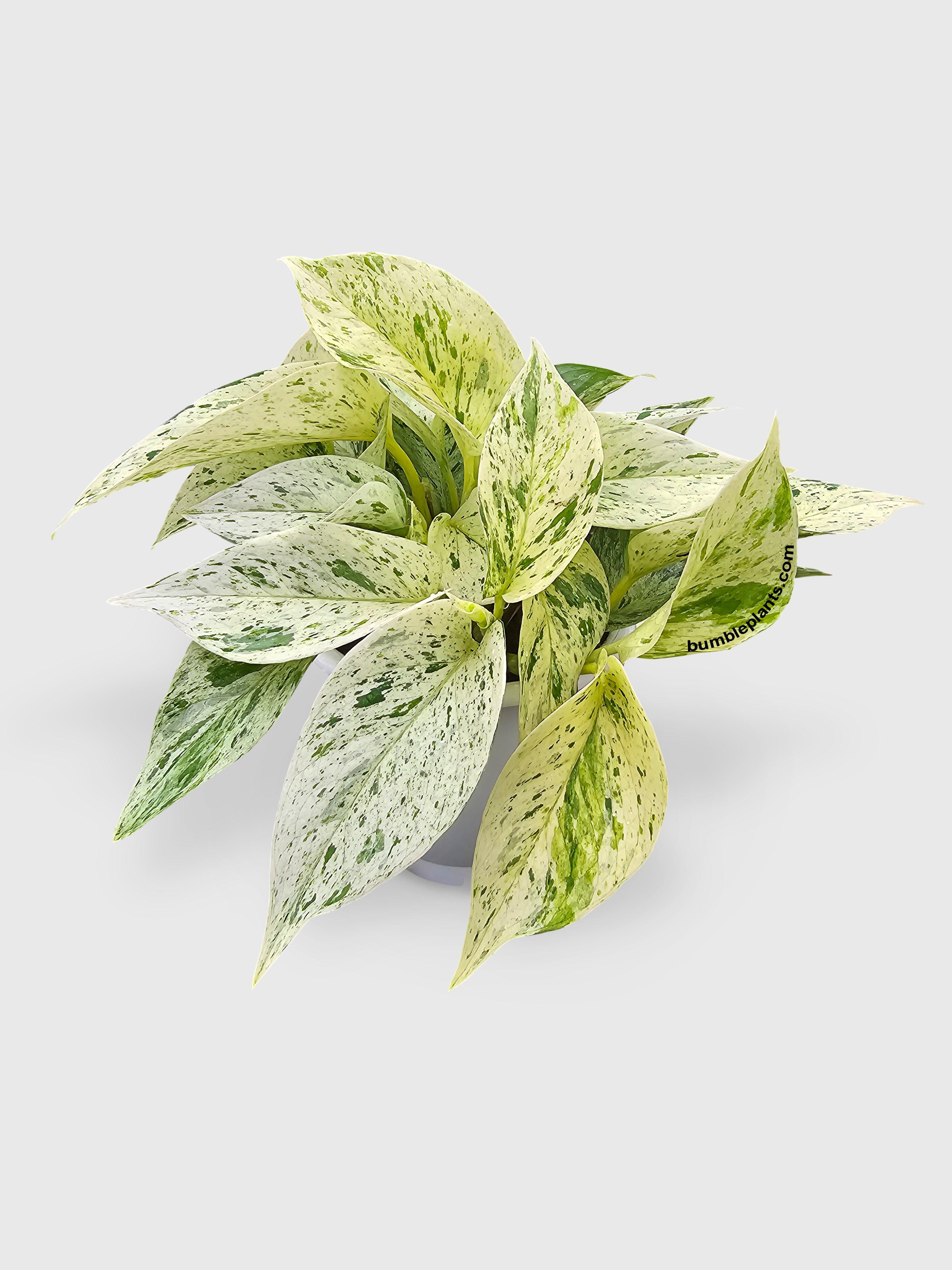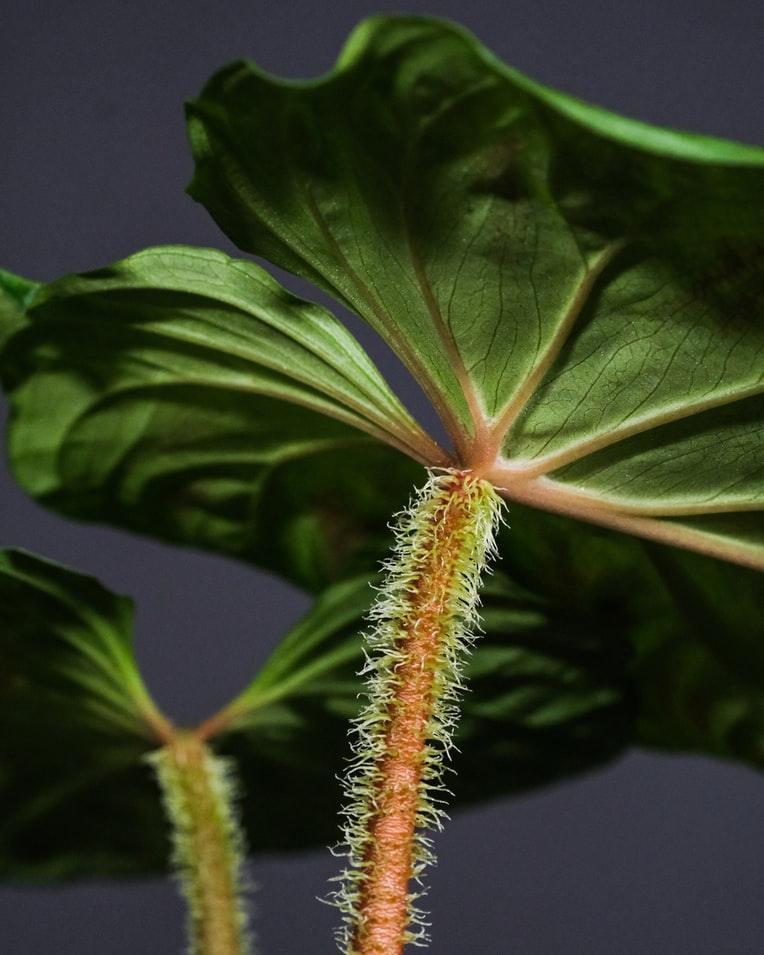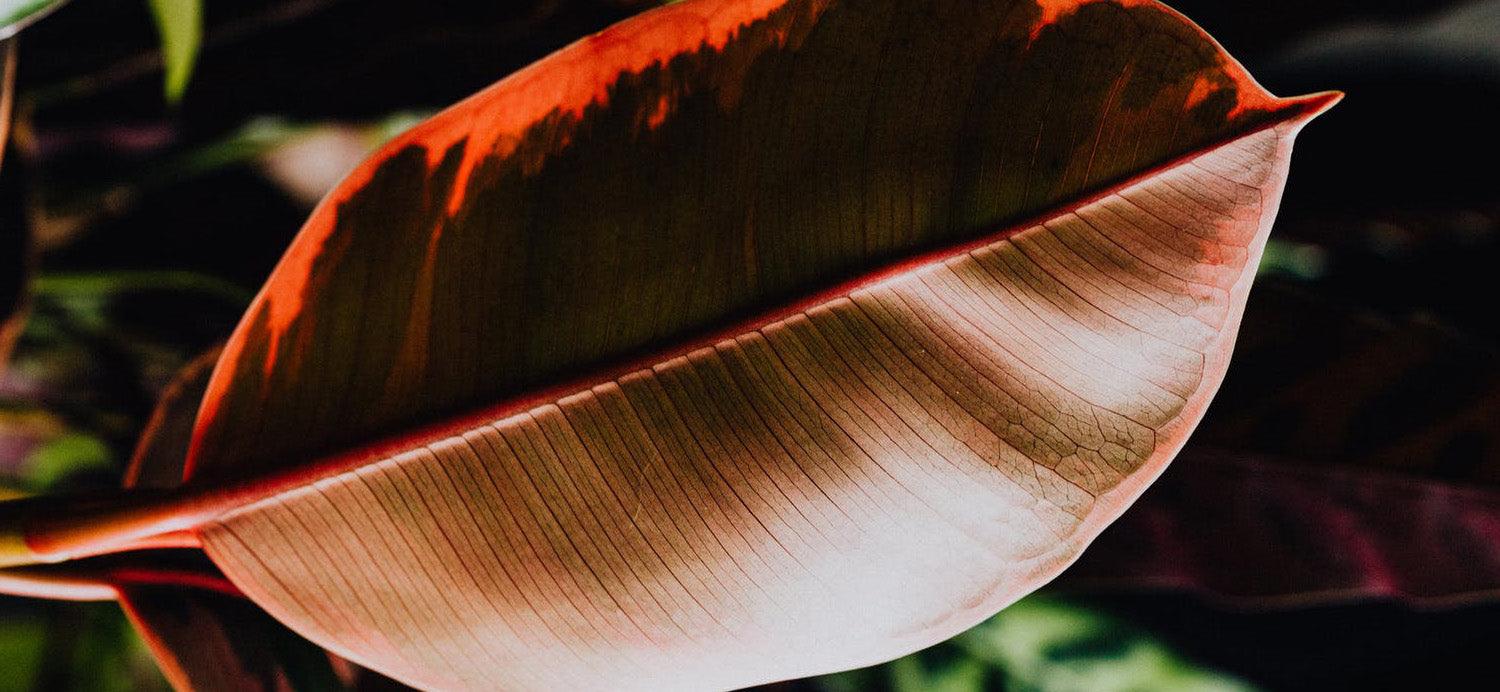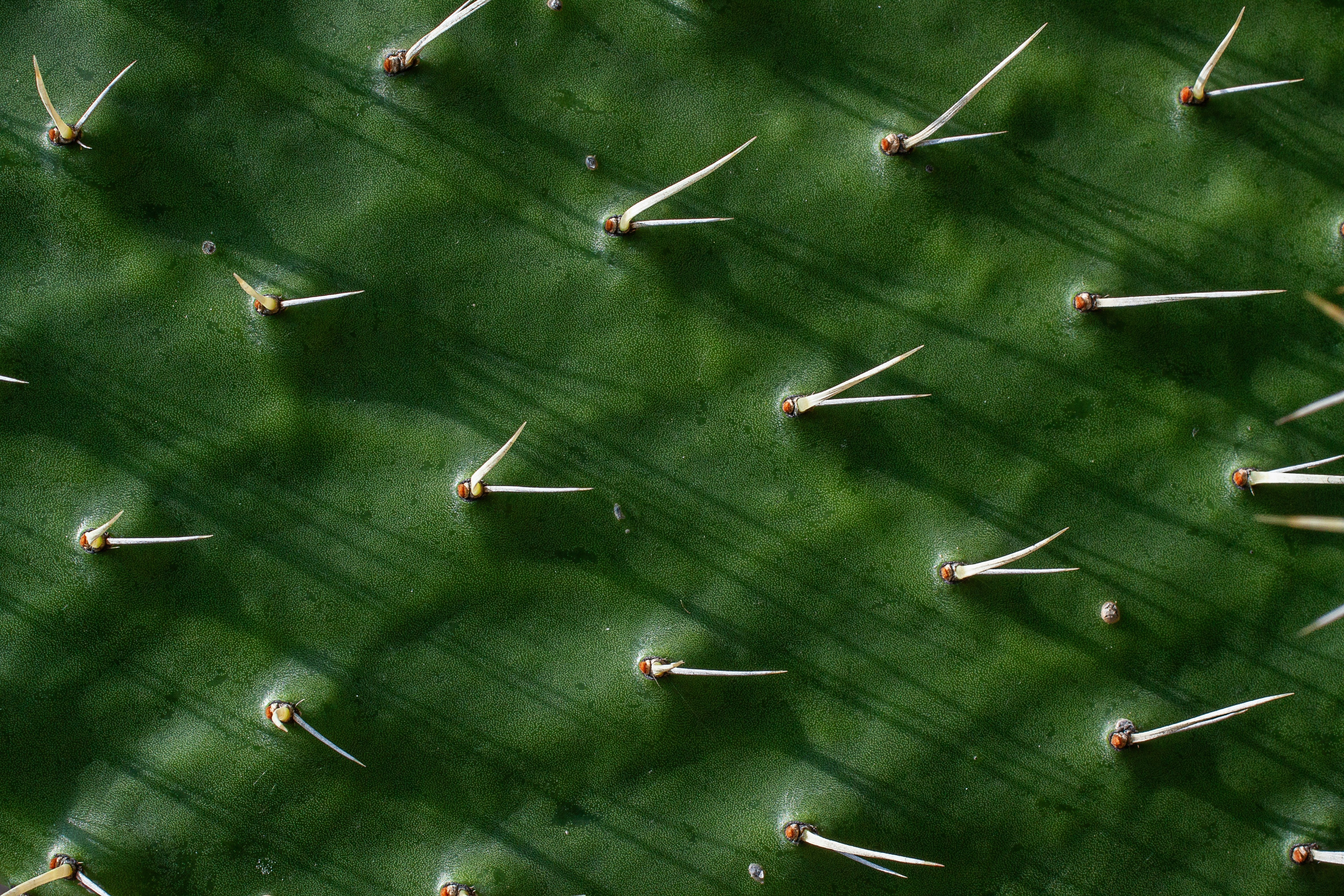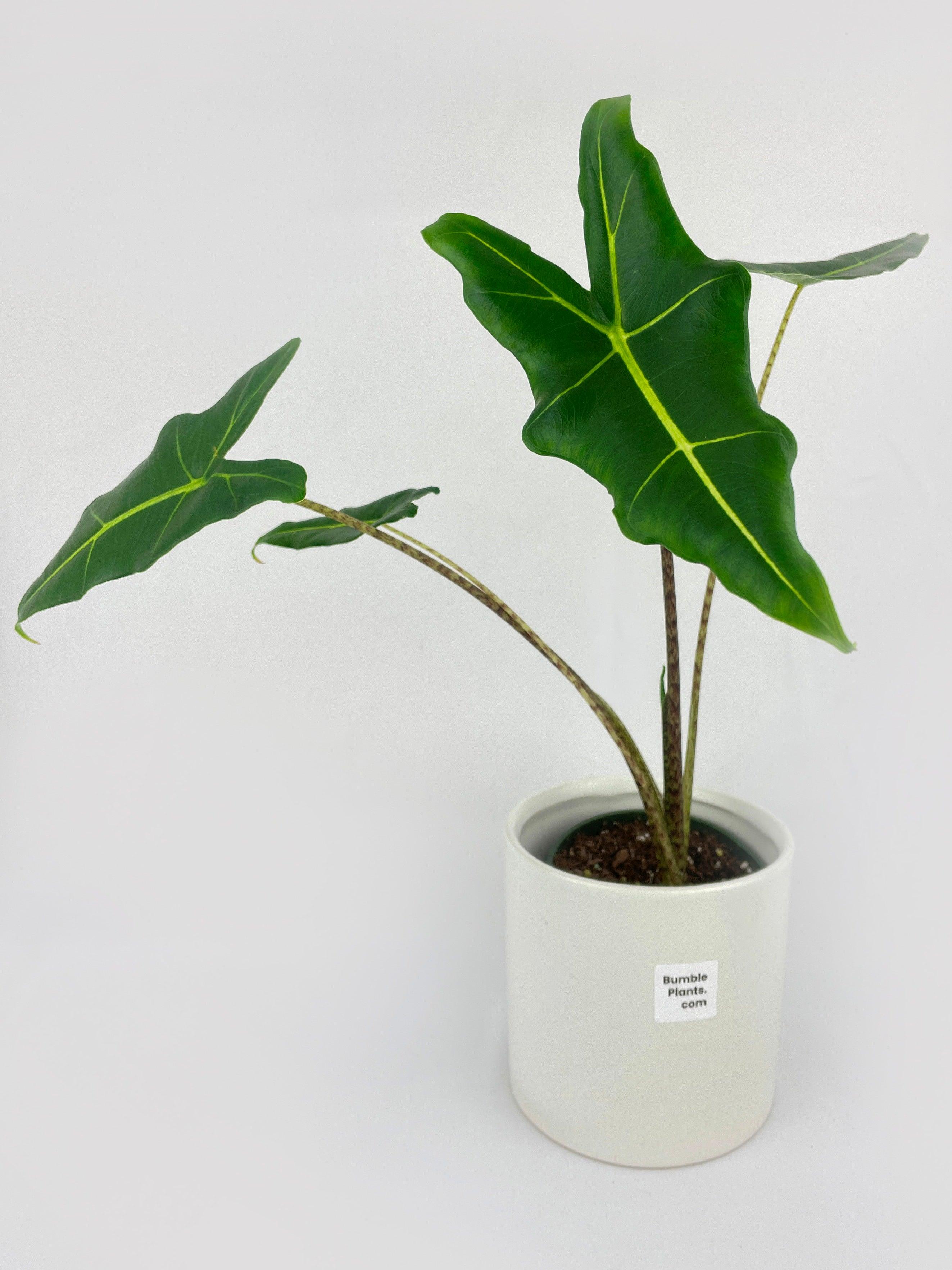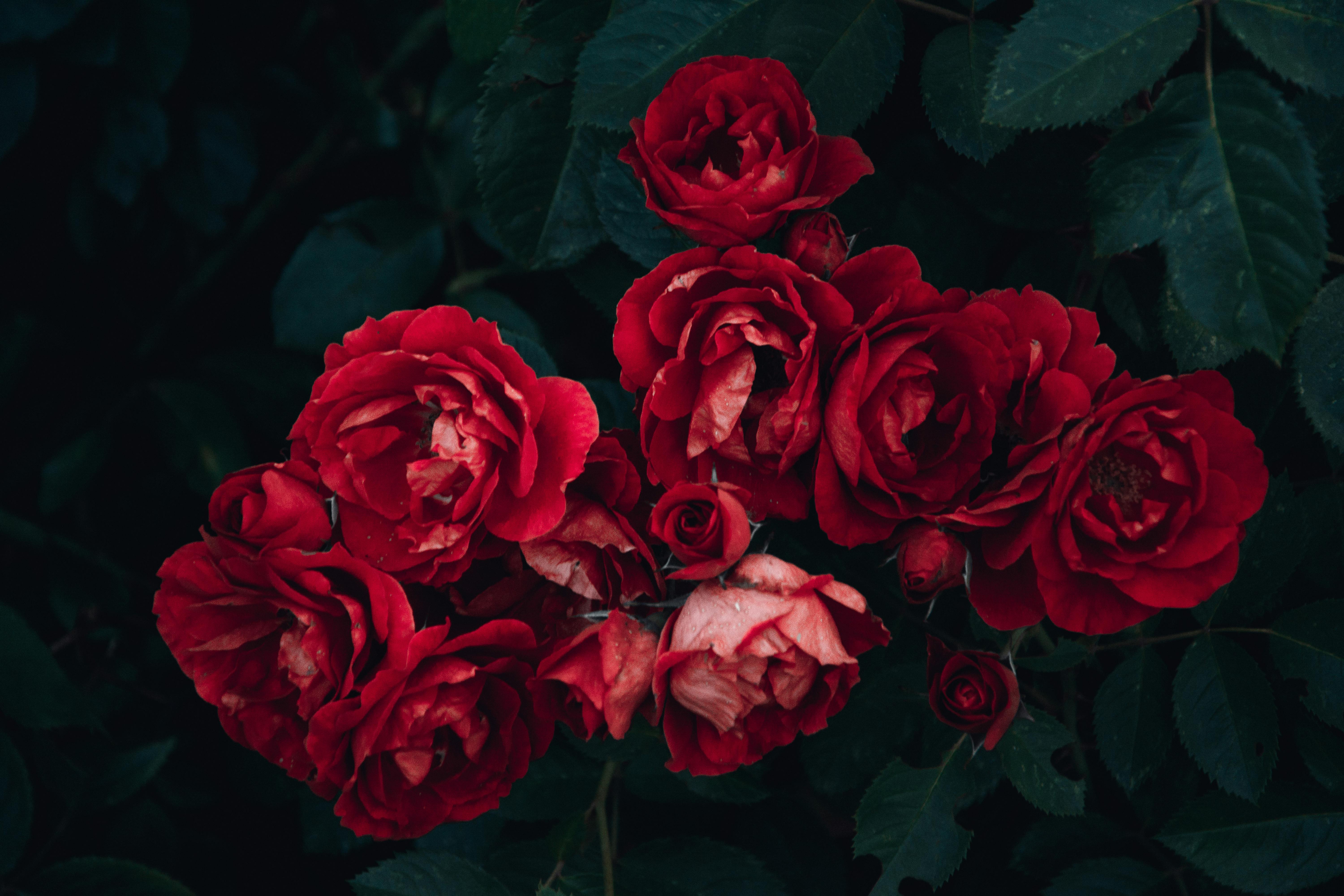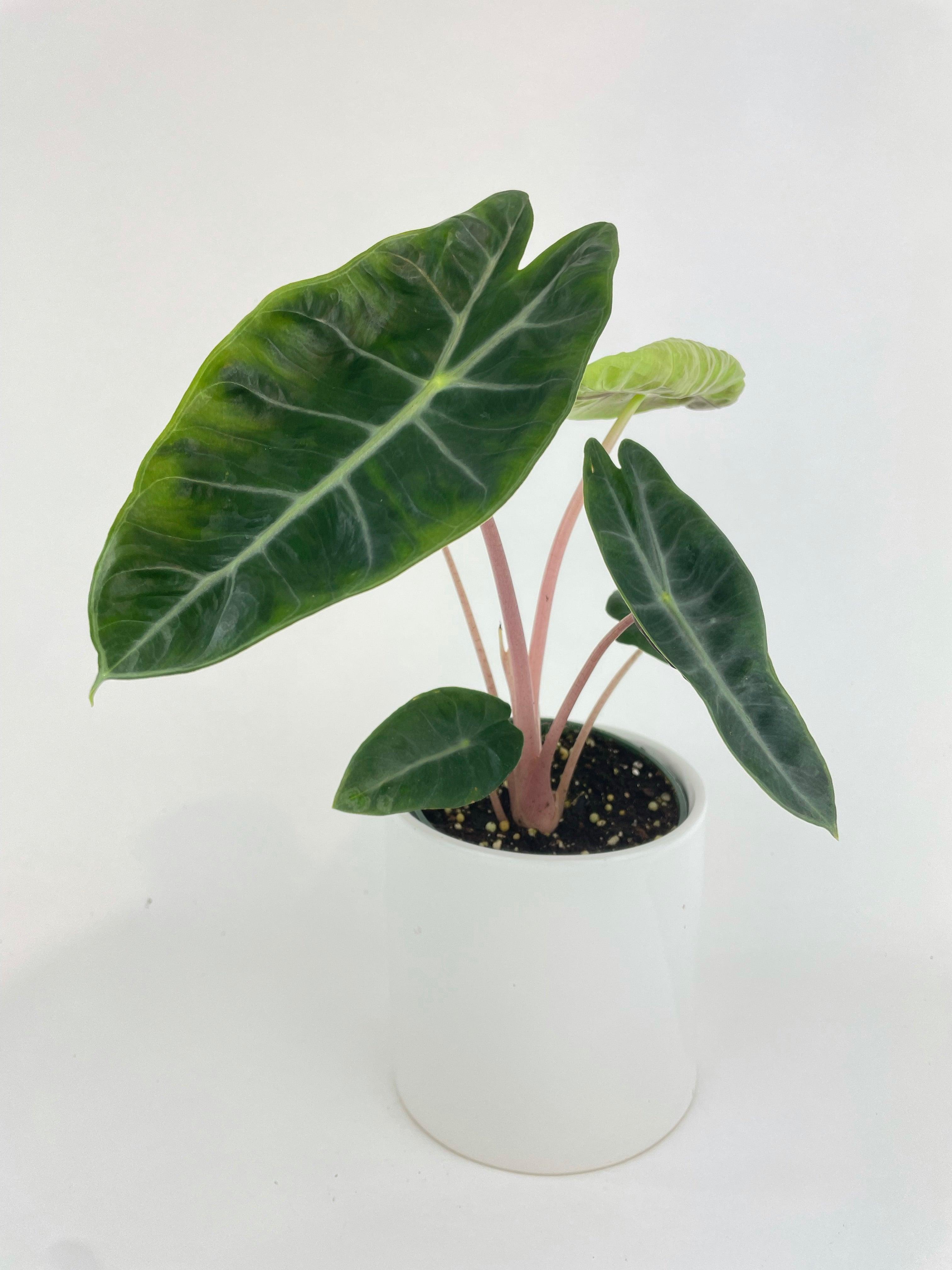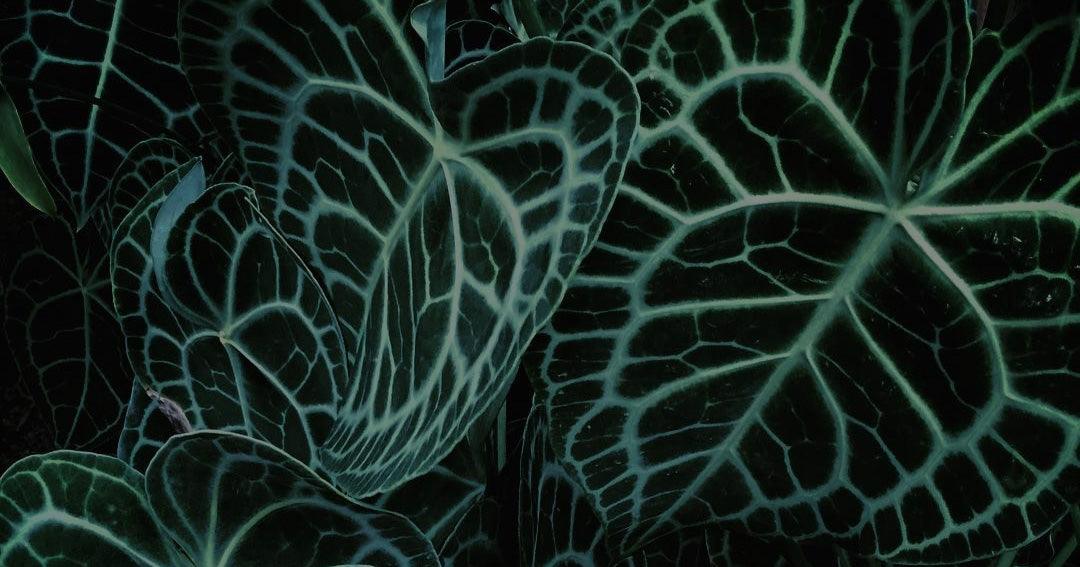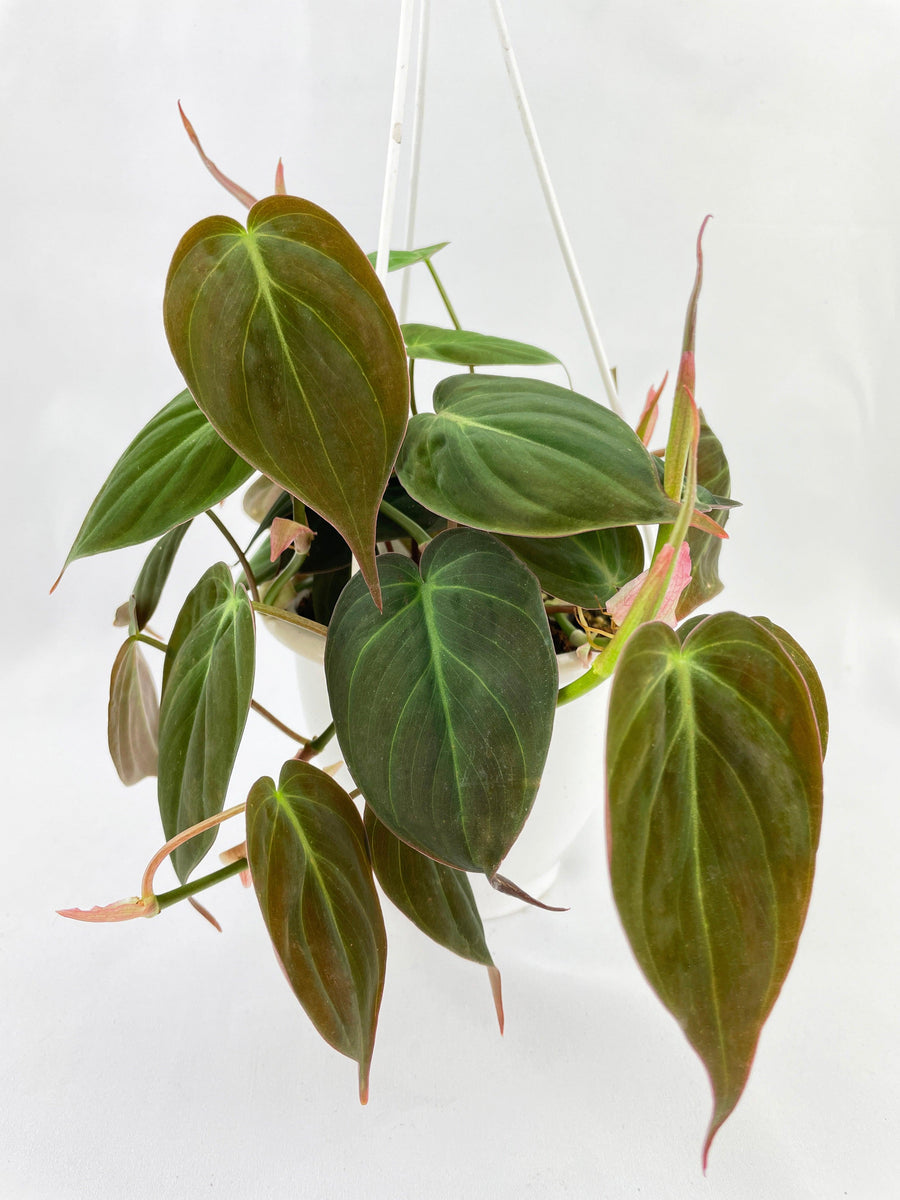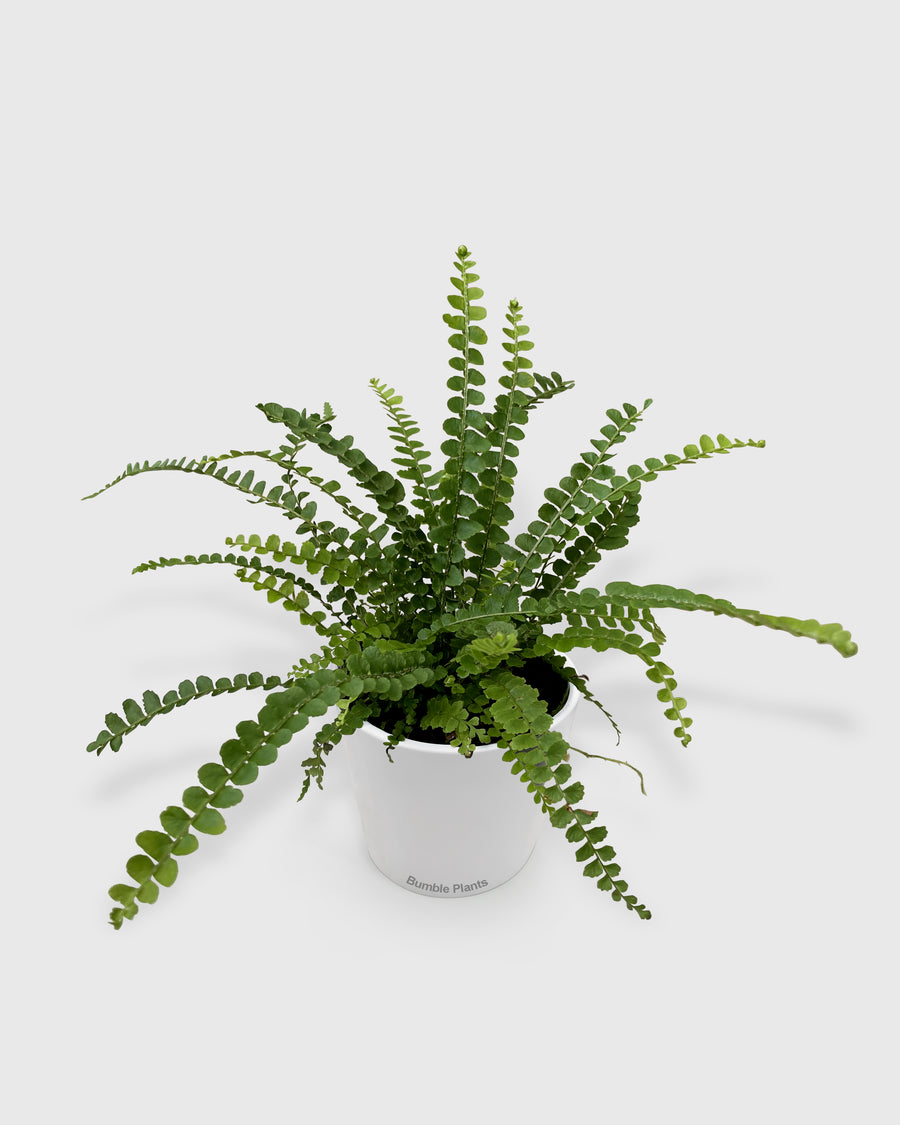Benefits of Flowering Cactus Plants: An In-Depth Discussion
Imagine having beautiful flowering cactus plants at home not just for their looks but because they do some incredible things for you. Did you know that a study in the journal Environmental Science and Technology found that these plants can clean up to 80% of harmful stuff called formaldehyde from the air in just one day? It's like having your own little air purifier! And guess what? Another study in the Journal Sleep discovered that keeping cactus plants in your bedroom can help you sleep better. People who had cactus plants in their rooms said they slept well and woke up feeling more refreshed.
So, as we explore the benefits of having flowering cactus plants, we're not just talking about pretty decorations – these plants might just be your new buddies for a healthier and more peaceful life.
What Kind of Cactus is Flowering?
Flowering cactus plants come in a variety of types, each with its unique charm and characteristics. Let's break down the specifics:
Overview of Cactus Species Known for Flowering
When we talk about flowering cactus plants, we're entering a diverse realm. Species like the Echinopsis, Mammillaria, and Epiphyllum are renowned for their vibrant blooms. Each species brings a different flavor to the table, making your choice a matter of personal taste.
Identification of Flowering Cactus Plants
Identifying a flowering cactus can be a delightful challenge. Keep an eye out for distinct features like the shape and color of the flowers, as well as the structure of the cactus itself. For instance, the iconic Easter Cactus (Hatiora gaertneri) boasts pendulous flowers in various shades, adding a touch of elegance to any space.
Types of Flowering Cactus Plants
It's a blooming world out there! From the stunning Orchid Cactus with its large, showy flowers to the charming Fishhook Cactus known for its unique blooms, there's a flowering cactus for every preference. The diverse array ensures that you can find the perfect fit for your home or garden.
Is a Cactus a Flowering Plant?
Cacti aren't just prickly green plants; they are, indeed, flowering wonders. Let's breakdown the details:
Clarification on Cactus Classification
First things first, let's clear up any confusion. Yes, a cactus is indeed a flowering plant. Despite its reputation for hardiness and resilience, the cactus family is characterized by the presence of eye-catching flowers that bloom under the right conditions. So, when you welcome a cactus into your space, you're inviting not just a succulent but a potential burst of colorful blooms.
Explanation of Cactus Reproductive Processes
Now, the magic happens. Cacti boast unique reproductive mechanisms. Unlike many other plants, cacti often have specialized features like areoles, which are crucial for the formation of flowers. Understanding these processes adds an extra layer of appreciation for these hardy desert dwellers.
Unique Features of Cactus as a Flowering Plant
What sets cacti apart in the flowering realm? Their ability to bloom in arid conditions, their intricate flower structures, and the vibrant hues they display make them stand out. The flowering journey of a cactus is a testament to nature's adaptability and resilience.
Is a Flowering Cactus Rare?
The occurrence of a flowering cactus goes beyond its blossoms; it's about the rarity of witnessing this botanical spectacle. Let's explore the rarity factor:
Discussion on the Rarity of Flowering Cactus Plants
Flowering among cacti isn't an everyday occurrence, adding a touch of exclusivity to these plants. While some cacti bloom regularly, others might surprise you with their flowers only on rare occasions. Understanding this aspect enhances the appreciation for the cacti that unfolds when the conditions align.
Factors Influencing the Frequency of Flowering
Several factors play a role in determining how often a cactus decides to show off its flowers. Light, temperature, and overall care contribute to the likelihood of blooming. Studying these factors provides insights into creating an environment where your cactus feels most inspired to blossom.
Examples of Uncommon Flowering Cactus Species
Not all cacti bloom with the same frequency. Some, like the elusive Queen of the Night (Selenicereus grandiflorus), bloom only at night and infrequently, making the event all the more magical. Exploring these unique species sheds light on the diverse strategies cacti employ for their occasional floral displays.
Are Cactus Flowers Male or Female?
Let's learn the mystery of cactus flower genders, using simple terms to make it clear:
Understanding Cactus Flower Parts
Figuring Out Boy and Girl Flowers
Just like people, cactus flowers can be boys or girls! We can tell them apart by looking at these parts we mentioned earlier (Stamens and Pistils). Recognizing these differences will help you understand the cacti better.
Why Cactus Flower Gender Matters
Now, why does it matter? Well, understanding if a cactus flower is a boy or a girl helps us grasp how they reproduce. It's like knowing the plot of a movie – it makes the whole story of the cactus's life more interesting.
Do Flowering Cactus Need Sun?
Let's shed some light on the sunny side of flowering cactus plants, exploring whether they are fir for the sun:
Importance of Sunlight for Flowering Cactus Plants
Just like we need our daily dose of sunlight, flowering cactus plants thrive when they get the right amount of sunshine. Sunlight is like their energy drink, fueling the process of blooming and keeping them healthy and vibrant.
Optimal Sunlight Conditions for Different Cactus Species
Not all cacti have the same sun preferences. Some love basking in the full sun, while others prefer a bit of shade. Understanding the sunlight needs of your specific cactus is like tailoring a care routine that suits its personality.
Tips for Providing Adequate Sunlight to Flowering Cactus
Making sure your flowering cactus gets its sunlight fix doesn't have to be complicated. Simple steps, like placing it near a sunny window or adjusting its exposure based on the time of day, can make a big difference.
Why Are Cactus So Expensive?
Let's shed a light on why these cacti sometimes come with a hefty price tag:
Factors Contributing to the Cost of Cactus Plants
Ever wondered why some cacti are pricier than others? It's not just about the looks. Factors like rarity, age, and size play a significant role in determining the cost.
Rarity, Cultivation Challenges, and Demand
Rare cactus species like Golden Barrel Cactus (Kroenleinia grusonii) can be like hidden treasures. Cultivating these gems often requires special skills, conditions, and time. When demand surpasses supply, prices may soar.
Economic Considerations in the Cactus Market
Just like any market, the cactus market follows economic principles. Supply and demand, along with the efforts of growers and sellers, influence the pricing.
What Are 3 Benefits of Cactus?
Let's see top 3 benefits of cactus that make them not just visually appealing but also beneficial companions in your living space:
1.Health Benefits of Having Cactus Plants
Cactus plants aren't just pretty faces; they can contribute to your well-being. Some studies suggest that being around cacti may improve indoor air quality by removing harmful substances. It's like having a green guardian that also helps keep your environment healthier. A study published in the journal Ergonomics found that having plants in the workplace can increase productivity by up to 15%.
2.Environmental Advantages of Cactus Cultivation
Beyond their individual benefits, cultivating cactus plants is a win for the environment. Cacti are known for their water-efficient ways, making them eco-friendly choices. Their ability to thrive in arid conditions means less water consumption, contributing to sustainability.
3.Aesthetic and Decorative Benefits of Flowering Cactus Plants
Last but certainly not least, cacti are champions of aesthetic appeal. Their unique shapes, vibrant blooms, and adaptability make them versatile and visually striking additions to any space. It's like having living artwork that adds a touch of nature's charm to your surroundings.
Is Cactus Good or Bad?
This table provides a straightforward overview of the positive aspects, potential drawbacks, and an overall assessment of whether cacti are considered good or bad as indoor or outdoor plants.
Final Summary
Flowering cactus plants are not just pretty; they're practical too! Studies show they can clean indoor air and even improve sleep quality. With various types to choose from, each with its unique charm, these low-maintenance plants bring a touch of the desert to your home.
Despite their prickly reputation, cacti are good plants to have in your collection. They're easy to care for, purify the air, and add a unique aesthetic. So, whether it's the Orchid Cactus stealing the show or the Queen of the Night adding mystery, cacti prove that beauty can thrive in unexpected places.


